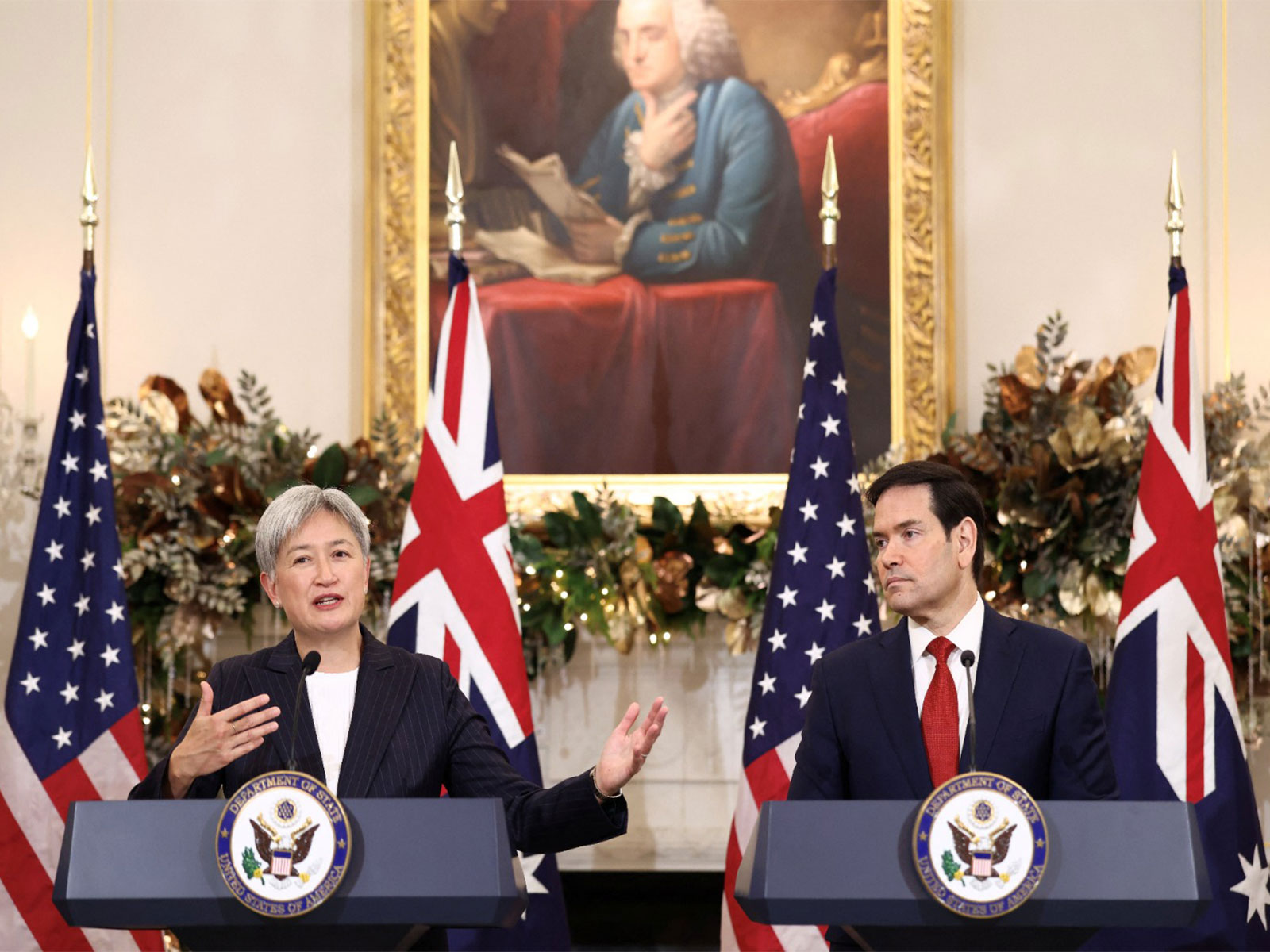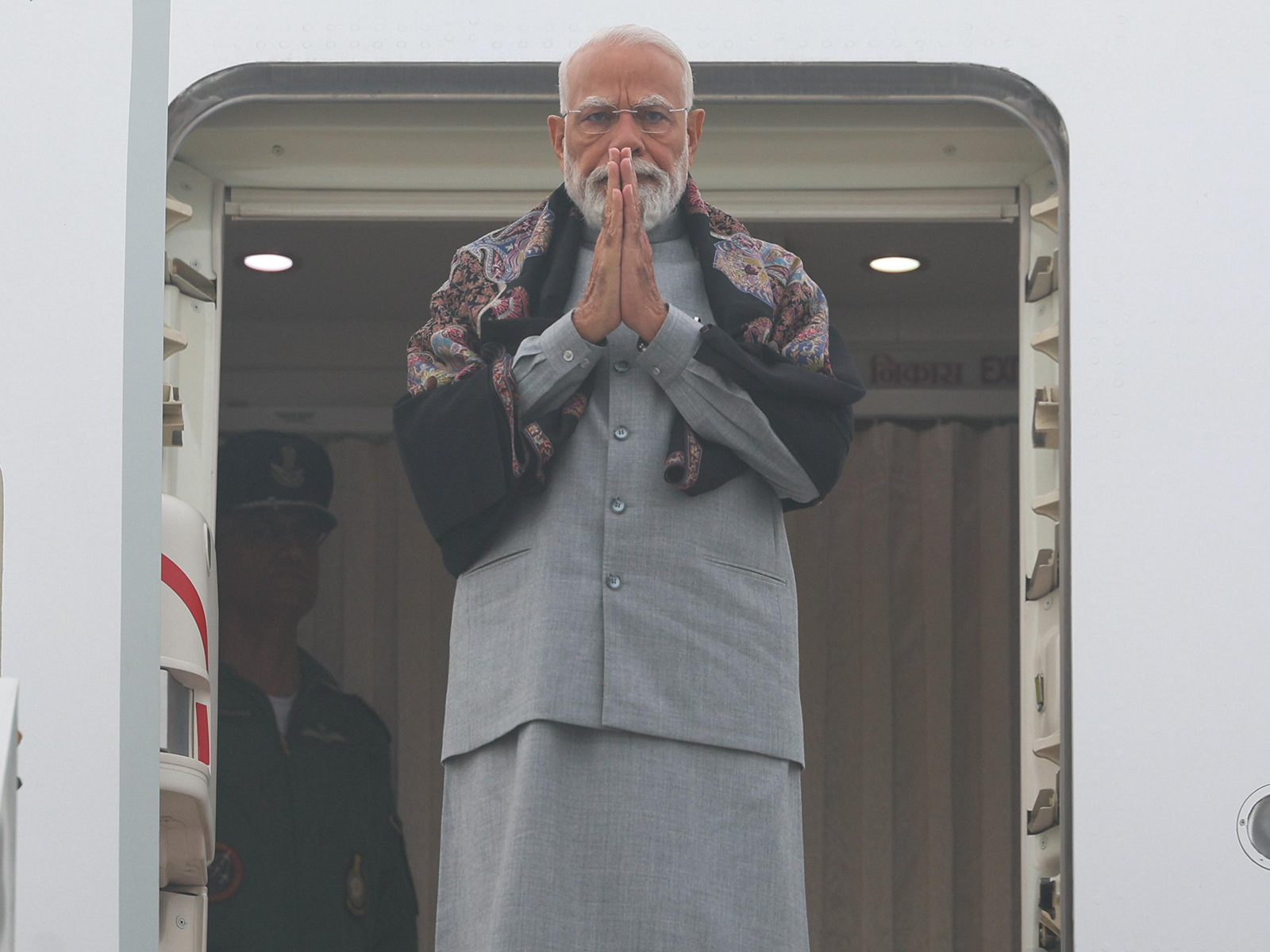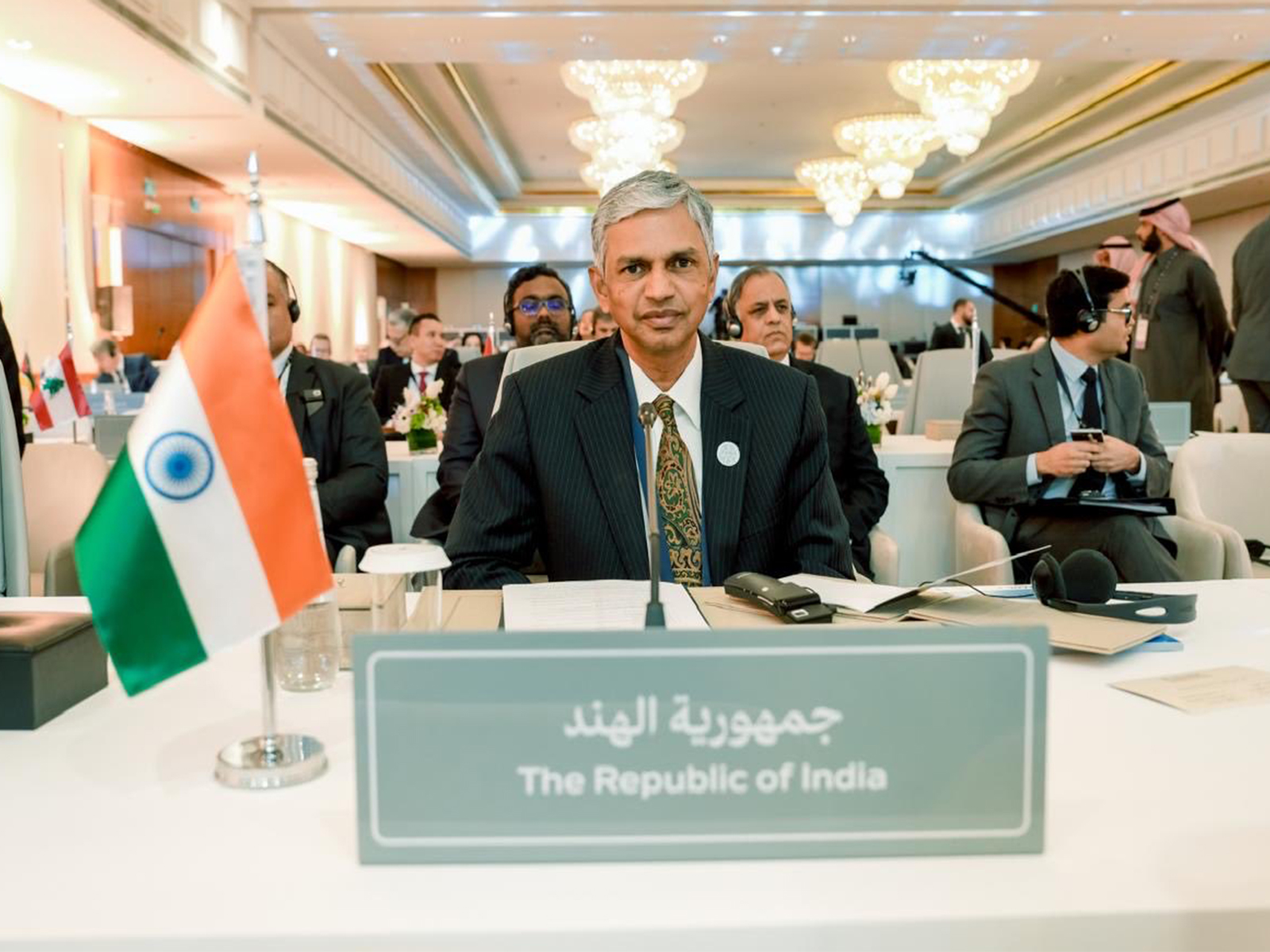Sri Lankan cabinet passes 21st Amendment to curtail powers of President
Jun 20, 2022

Colombo [Sri Lanka], June 20 : Aiming to curtail powers of President Gotabaya Rajapaksa, the Sri Lankan Cabinet on Monday passed the 21st Amendment to its Constitution.
"The 21 amendment was tabled and passed in cabinet today and will be tabled in @ParliamentLK soon. Like to thank @RW_UNP and @wijerajapakshe for pushing it through," tweeted Minister of Tourism and Lands Harin Fernando.
Fernando thanked Prime Minister Ranil Wickremesinghe, the Parliament of Sri Lanka and Justice Minister Wijeyadasa Rajapakshe for the amendment bill which will be tabled in the parliament soon.
The 21st Amendment is expected to annul 20A to the Constitution, which gives unfettered powers to Rajapaksa after abolishing the 19th Amendment that will strengthen Sri Lankan Parliament.
It seeks to reduce the Presidency to a ceremonial position, retaining the powers of the President over all three armed forces.
However, almost all other key powers pertaining to governance and cabinet ministers will be handed over to the Prime Minister.
It seeks to transfer powers of making key appointments from the President to the Constitutional Council.
The President would be required to act on the Prime Minister's advice to determine the scope and functions of ministries and appoint ministers, deputy ministers and state ministers.
The PM of Sri Lanka had proposed a constitutional amendment repealing the 20th Amendment to the Constitution, and bringing back clauses of the 19th Amendment as the 21st Amendment to the Constitution.
The enactment of the 19th Amendment was done in 2015. It had removed the powers of the President to sack the Prime Minister at his discretion.
By amending Articles 46 (2) and 48 of the Sri Lankan constitution, the cabinet ministers could have been dismissed only if the Prime Minister ceased to hold office by death, resignation or otherwise, or only if the Parliament rejects a statement of government policy or the budget or if the parliament passes a vote of no confidence against the Government.
The amendment also restricted the President's powers to dismiss Cabinet ministers as he was required to act on the advice of the Prime Minister.
The 20th Amendment to the Constitution was passed in 2020. The 20th amendment (20A), which replaced the 19th Amendment (19A), had again enhanced the executive powers of the President in an unprecedented way besides abolishing the independent constitutional council for a Parliamentary Council.
It had passed a controversial clause that gave electoral rights to dual citizens.
The criticisms on 20A were more severe as it was observed as one that could derail the balance between the legislature, executive and judiciary by centralising maximum powers into the hands of one individual.
The 20th amendment had removed the checks and balances on the executive presidency - It abolishes the binding limitations on presidential powers in relation to key appointments to independent institutions through the pluralistic and deliberative process of the Constitutional Council.
21st Amendment will remove several key powers of the President, essentially reducing the Presidency to a ceremonial position, like in India.
The proposed amendment comes at the time Sri Lanka is facing its worst economic and political crisis since it was liberated from British rule in 1948.
A crippling shortage of foreign reserves has led to long queues for fuel, cooking gas and other essentials while power cuts and soaring food prices heaped misery on the people.
Protesters have been gathering across the island nation, calling for President Gotabaya Rajapaksa's resignation, while his brother Mahinda Rajapaksa resigned as Prime Minister.




















